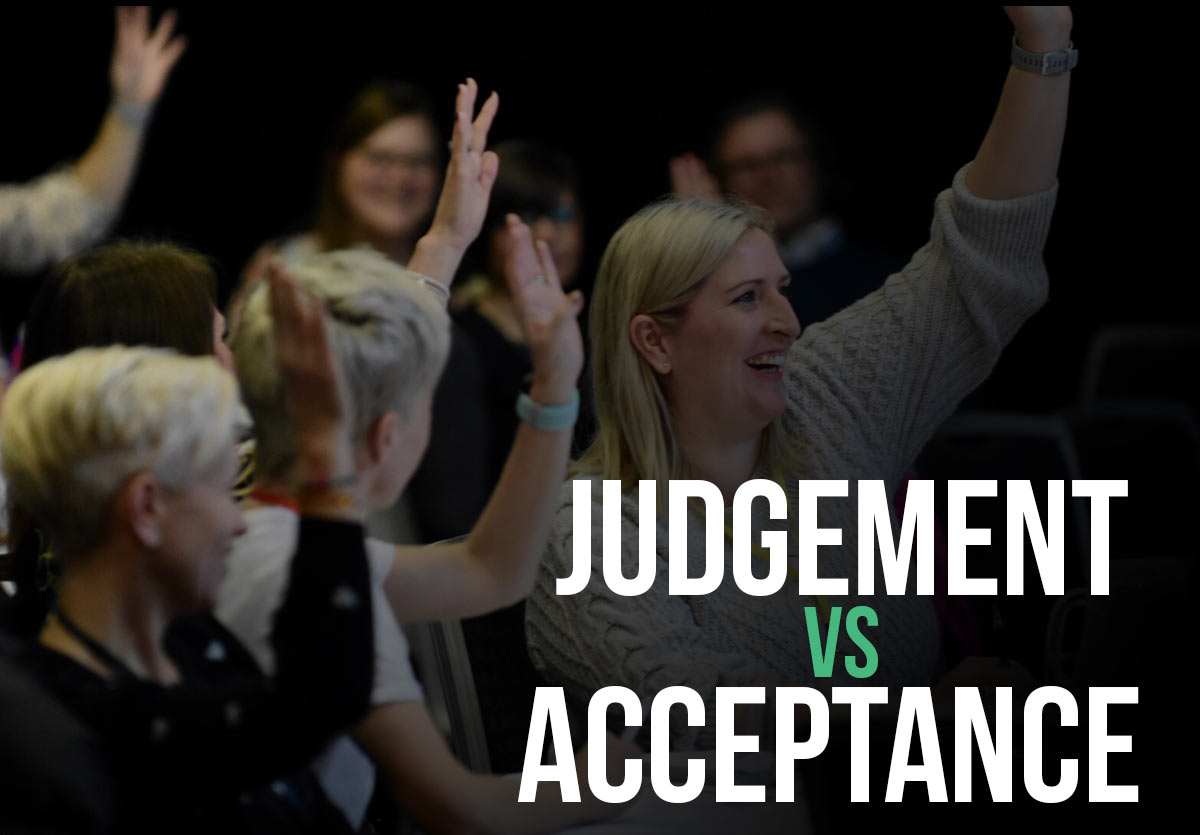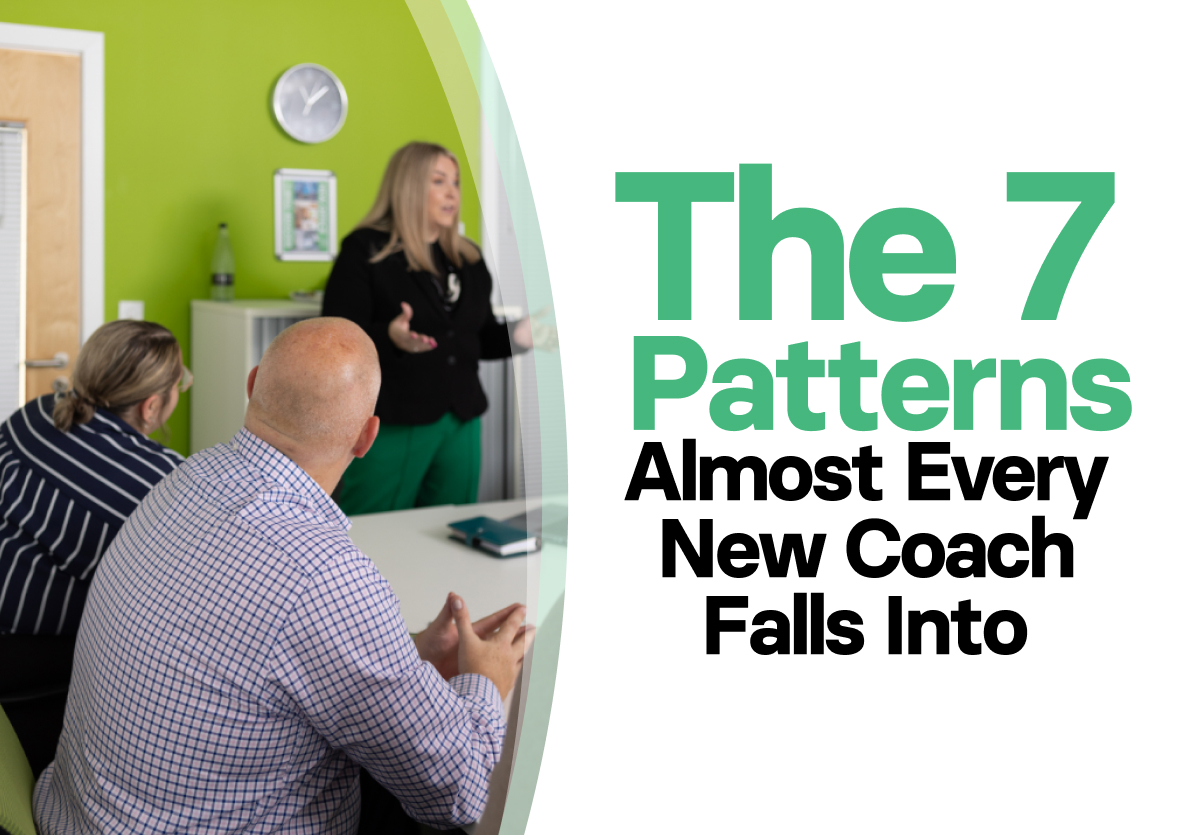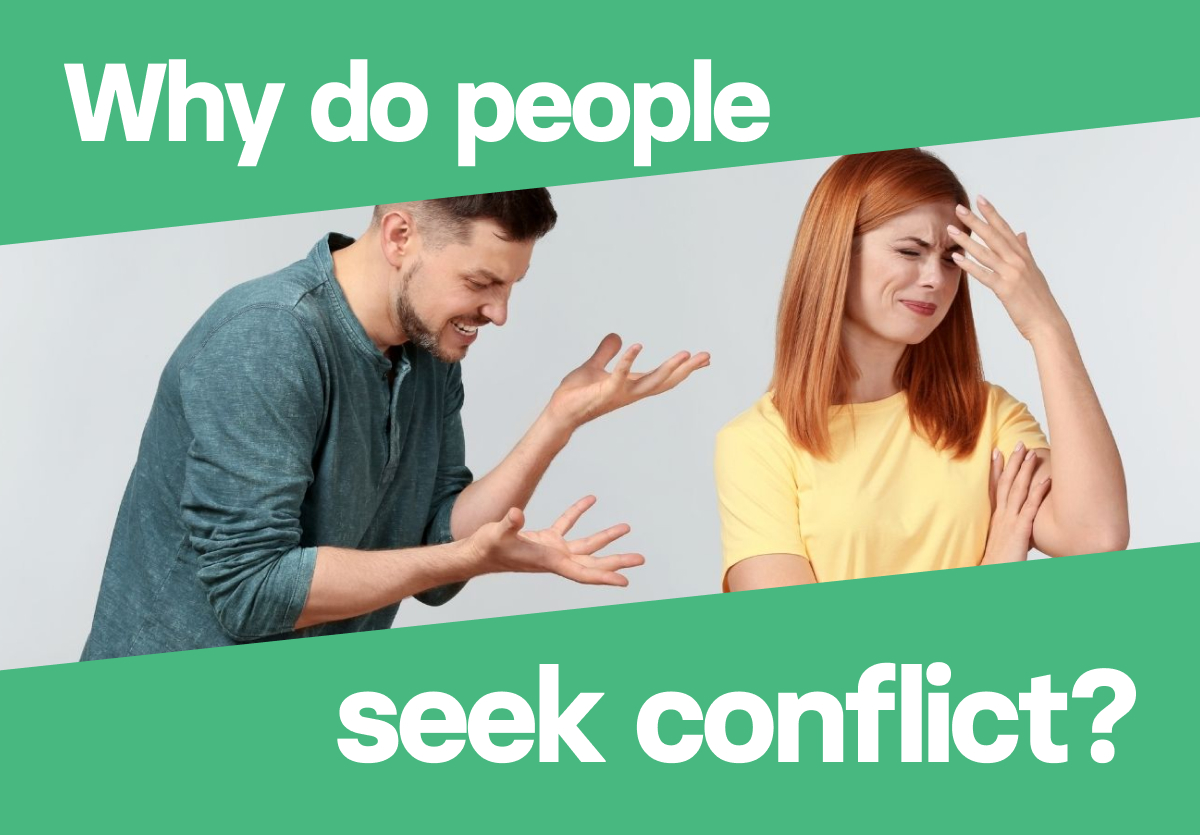I recently took a very hot trip into London to meet with the team from R Media. They are sponsoring The Paseda360 National Coaching Awards and invited me as a guest on their podcast.
They sent a list of questions before the podcast and one of them was about why we sometimes hide our true self in order to fit in.
That’s a big question and one that comes up time and again in coaching conversations. It’s one I think about often and I see something fascinating going on.
As coaches, our primary goal is to support and empower individuals to reach their fullest potential. Yet, as humans, we find ourselves caught in a perplexing dichotomy. On one hand, we have an innate need to belong and fit in, seeking acceptance and validation from others. On the other hand, we possess an equally intrinsic desire to judge and evaluate, inadvertently creating barriers that hinder acceptance.
So in this blog, I will delve into the roots of this contradiction and explore why the very thing we crave—belonging—is often withheld from others and how this makes us bend and shape who we are to fit.
Research in social psychology sheds light on this paradoxical human behavior. Numerous studies have shown that a sense of belonging is a fundamental psychological need. Maslow’s hierarchy shows us how critical a need it is.
When we feel connected to others and accepted within our social circles, we experience increased happiness, motivation, and overall well-being. It is no wonder, then, that we yearn for acceptance ourselves and we’ll go to extreme lengths to get it, masking our authenticity.
While the need to belong is strong, the tendency to judge and evaluate others is equally compelling. Whether we admit it or not, we all judge.
Evolutionary psychologists argue that judgment plays a crucial role in our survival as a species. Throughout history, humans had to assess potential threats, identify trustworthy allies, and make quick judgments to ensure their safety. This deeply ingrained instinct to evaluate others has persisted over time.
Psychologists propose that our inclination to judge stems from a range of factors, including cognitive biases, socialisation, and cultural influences. These factors shape our perception of others and contribute to the development of stereotypes and prejudices.
Research has shown that humans have a natural cognitive bias towards categorising individuals into groups, leading to the formation of “in-groups” and “out-groups.” This tendency fuels the instinct to judge those who fall outside our perceived circles of belonging.
While judgment may have initially served as a survival mechanism, its consequences in modern society are far-reaching. Our inclination to judge can perpetuate discrimination, exclusion, and prejudice. By imposing our judgments on others, we inadvertently deprive them of the very sense of belonging that we seek ourselves.
Can you see how bonkers that is? Id we know how crucial it is? Why would we deprive people of it? It’s like knowing somebody needs water and hiding the well.
As coaches, we have a unique opportunity to help individuals break free from this cycle of judgment and exclusion. By fostering empathy, promoting understanding, and encouraging open-mindedness, we can create an environment where acceptance thrives. It is essential to challenge our own biases and assumptions, recognising that every individual has a unique story and deserves to be seen and valued for who they are.
Likewise we need to get better at offering our true self that compassion, acceptance and respect. The more aligned to our true self we become, the less likely we are to seek validation and belonging from others.
The innate need to belong and the inherent desire to judge often create a perplexing contradiction in human behavior. While our longing for acceptance is genuine, the tendency to judge others hampers the very sense of belonging we seek.







